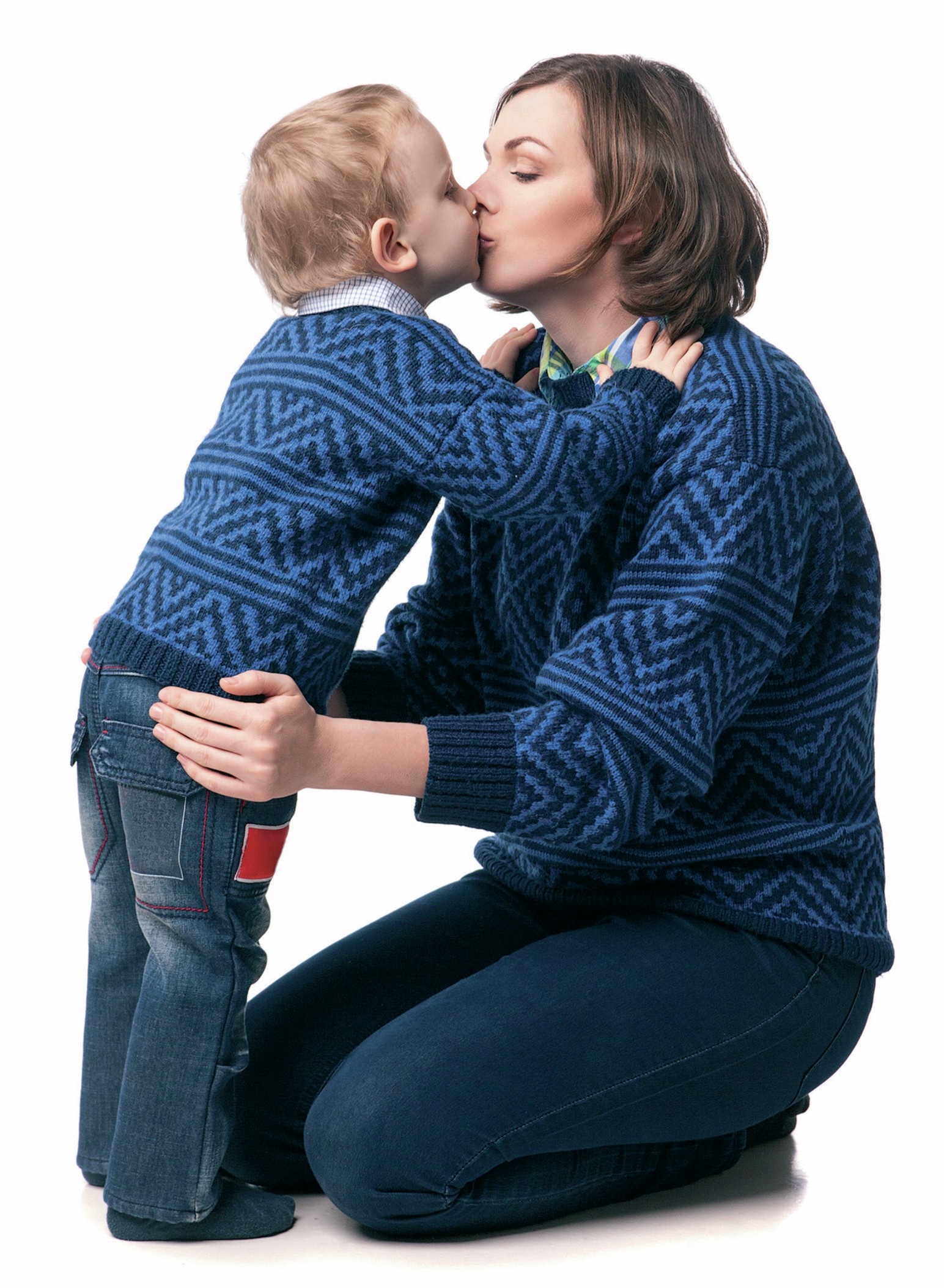
Attachment theory is one of the major theoretical strands underlying social work with children and families. Social work involves understanding the role parents and parenting play in shaping children’s development. Attachment theory provides one way to frame this understanding. The concept of attachment security is a powerful one. It gives social workers not only a theoretical understanding of relationship quality, but techniques to measure it and, when necessary, to intervene to improve it.
John Bowlby’s study on 44 thieves is described on page 14, a study that led to his theory of maternal deprivation. In the decades following this first theory, Bowlby turned from considering the effects of a lack of emotional care to focusing on the benefits of such care, developing his theory of attachment (Bowlby 1969). Bowlby’s attachment theory emphasises the role of parenting during infancy in shaping one’s attachment as secure or insecure. Reliable, loving and attuned parenting, in which caregivers are sensitive to the child’s signalled needs, is associated with secure attachment.
Your organisation does not have access to this article.
Sign up today to give your students the edge they need to achieve their best grades with subject expertise
Subscribe



